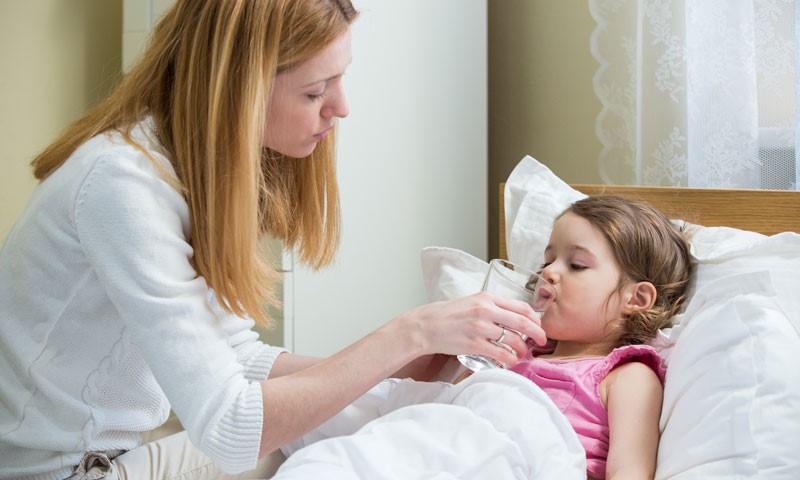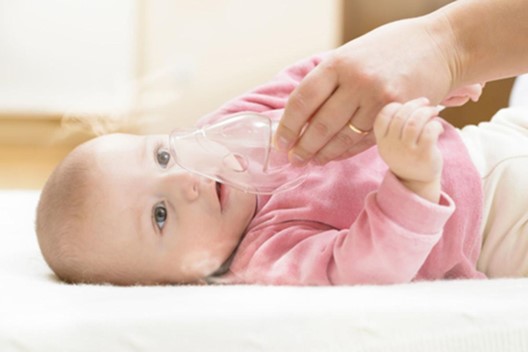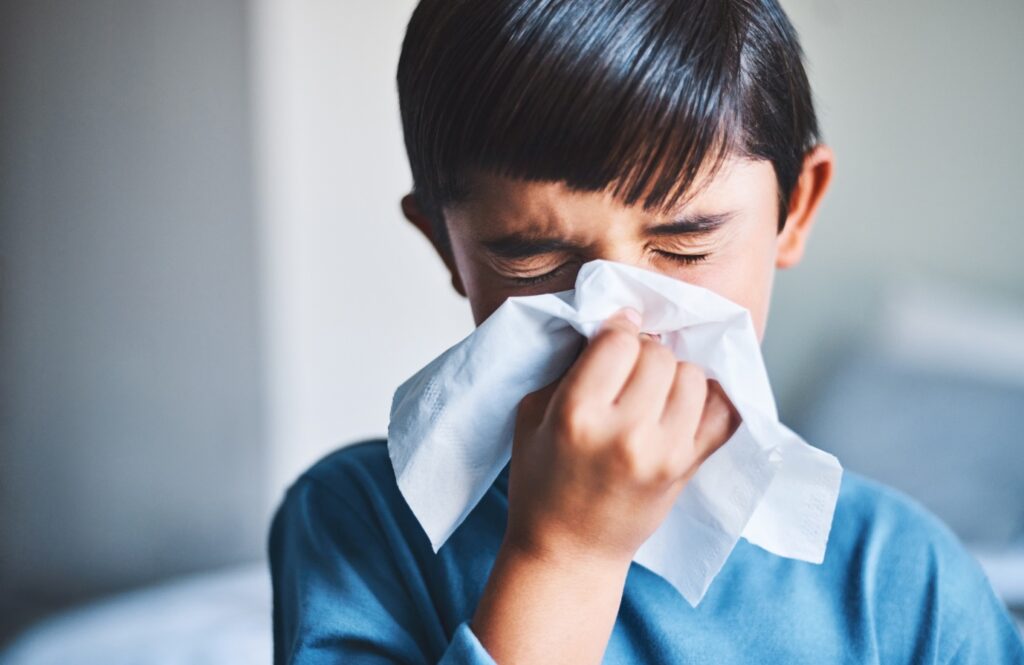Acute viral gastroenteritis is a widespread clinical illness that is frequently characterized by increased bowel movements that are watery or loose in consistency, whether they are accompanied by vomiting, fever, or stomach discomfort. In most temperate areas, acute viral gastroenteritis occurs throughout the year, with the fall and winter seasons predominating. Both asymptomatic carriers and those already experiencing symptoms can spread them before they appear. The fecal-oral pathway is typically the main mode of transmission.
What are the common causes?
Rotavirus, norovirus, sapovirus, astrovirus, and enteric adenoviruses are children’s most frequent causes of acute viral gastroenteritis. Mixed viral infections are widespread, but it’s not clear what kind of clinical impact they have.
Here, are some clinical features of acute viral gastroenteritis
Diarrhoea, vomiting, fever, and other clinical symptoms are common in symptomatic people such as stomach pain, myalgia, anorexia, and headaches. The grouping of symptoms varies depending on the day and the individual.
What kind of complications are involved?
Dehydration, electrolyte imbalances, acid-base problems, and carbohydrate intolerance are all potential complications of acute viral gastroenteritis. Acute viral gastroenteritis, especially in children under two, most frequently affects young children and necessitates medical intervention for dehydration. Before they turn 12 months old, children should not consume 100% juice or juice drinks with added sugars.
Management
- Dietary management: A typical diet can still be consumed by children with acute gastroenteritis. Suitable foods are lean meats, potatoes, rice, bread, yogurt, vegetables and fruits, and milk (unless the child has problems digesting milk).
- Some foods could aggravate diarrhoea that should be avoided, like foods with a lot of fat, drinks high in sugar, and sports beverages.
- Make sure they consume adequate liquids, including water. Ignore anti-diarrheal medications. They are typically unnecessary for kids, and they might not be safe.
When to call your doctor?
If your child exhibits any of the following behaviors:
- Diarrhoea that is bloody.
- Hasn’t eaten or drunk anything for more than a few hours and is under 12 months old.
- Has severe stomach discomfort.
- Has little energy and doesn’t respond to you.
- Has dehydration symptoms, including dry mouth and thirst. In newborns and small children, no urination or wet diapers for 4 to 6 hours; for older children, 6 to 8 hours.
- Tearless cries.
An insight from mamahood
To conclude, all mothers must ensure their child is taking enough fluids during acute gastroenteritis to stay hydrated. Keep observing for red flags until diarrhea episodes resolve.








